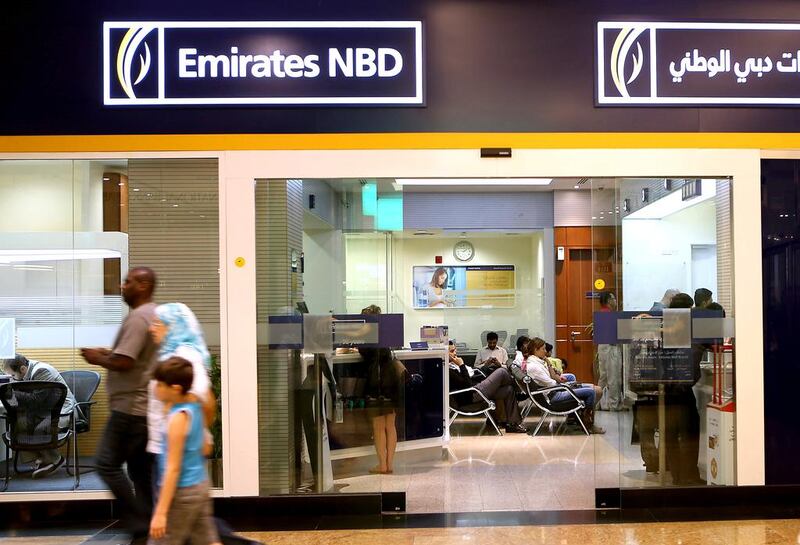Saudi Arabia's non-oil private sector registered strong growth in March led by the fastest rise in orders since April 2015 and an increase in business output, said Emirates NBD's latest economy tracker for the kingdom.
The Dubai lender’s seasonally adjusted Saudi Arabia Purchasing Managers’ Index – a composite gauge to give a snapshot of operating conditions in the non-oil private sector economy – climbed to 56.8 in March, from 56.6 in February. A reading above 50 shows expansion, below 50 indicates contraction.
The PMI figure was the highest since December 2017 and one of the strongest growth performances over the past three and a half years.
“The average PMI reading for the first quarter of 2019 was 56.5, indicating the strongest quarterly expansion in the non-oil private sector since the fourth quarter 2017,” said Khatija Haque, head of Mena research at Emirates NBD.
The improvement in March was led by the fifth consecutive monthly rise in new business, the highest since April 2015, the PMI showed. Companies surveyed said the upturn reflected stronger market conditions together with more pronounced sales efforts, including better product offerings and competitive pricing to attract customers.
The new orders sub-index rose to an almost four-year high and the new output sub-index rose to a seven-month high, according to the tracker. Meanwhile, new export orders rose for the first time in three months, albeit marginally, as domestic demand continued to drive growth.
Growth in output also increased, to a seven-month high, although still below the series average, while higher business activity overall prompted companies to boost stocks. Overall business confidence remained strongly positive, easing only slightly from January’s peak, ENBD said.
Despite a recovery in demand, non-oil private sector hiring levels fell in March after five years of consecutive growth and output prices fell for the fifth month running as companies sought to retain competitiveness.
“The rebound in new orders and business output in recent months has not resulted in job growth, with private sector employment declining for only the third time in the series history last month,” Ms Haque said.
“There also appears to be very little pricing power for firms, with selling prices declining [although only marginally] for the fifth month in a row.”
That said, most companies left their selling prices unchanged, she added. The also data showed a modest rise in companies’ overall operating expenses, reflecting slight increases in purchase prices and staff pay.







